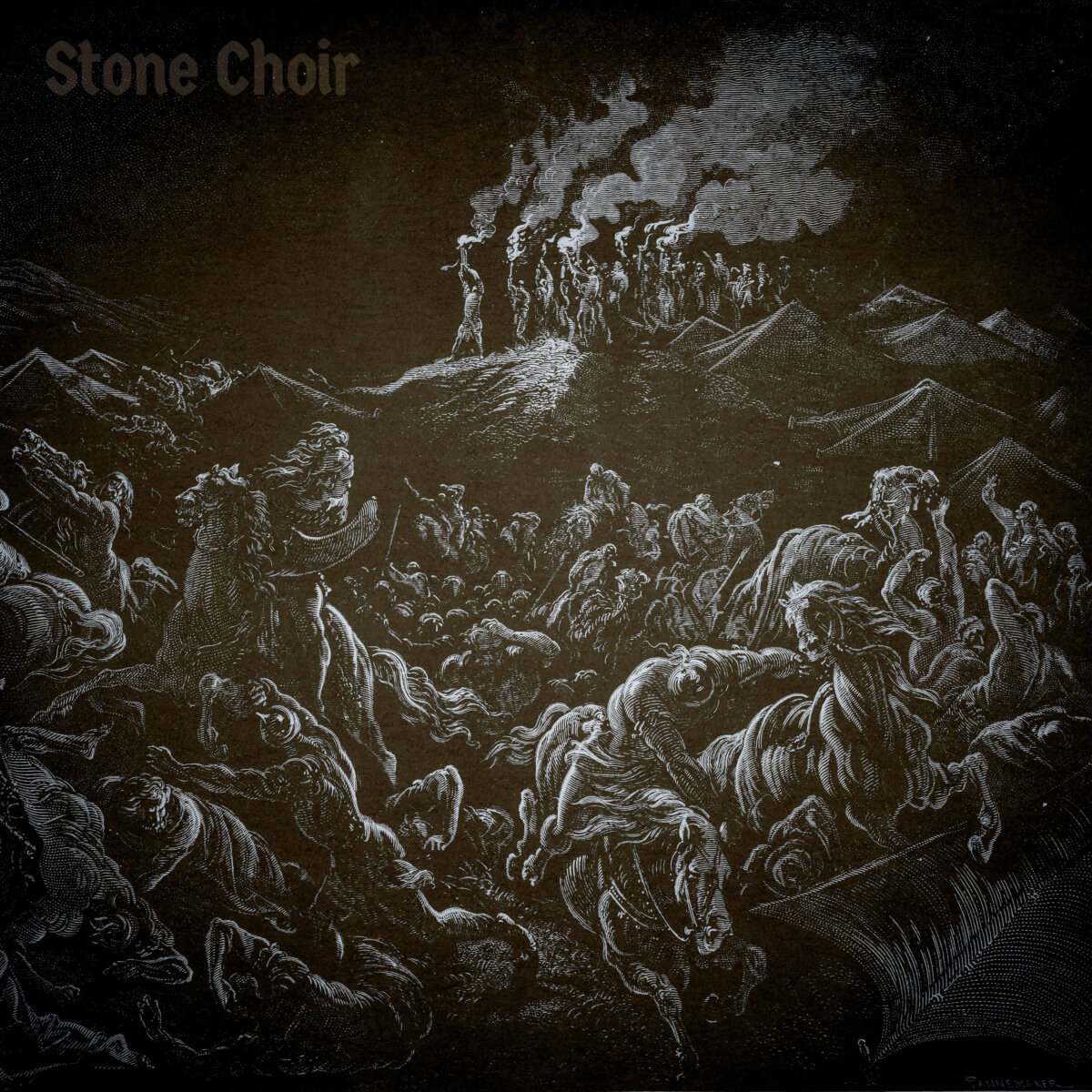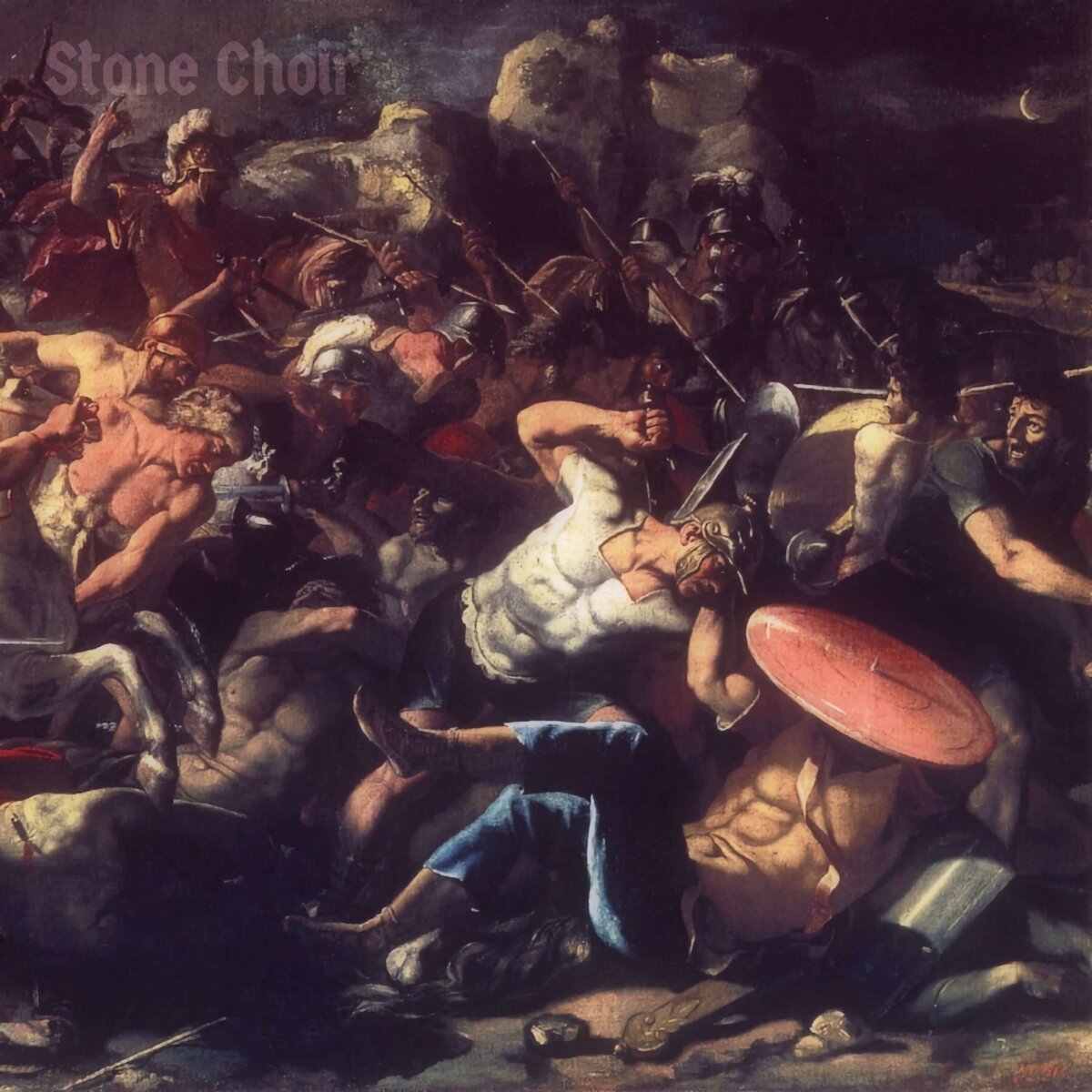On Violence
Podcast: Play in new window | Download (Duration: 2:21:08 — 274.4MB) | Embed
Subscribe: Apple Podcasts | Spotify | Amazon Music | Youtube Music | More
Hosts

Corey J. Mahler

‘The life of man upon the earth is warfare, and he is born to trouble, as surely as the sparks fly upward.’ — Job 5,7
We live in a fallen world. We can speak of a perfect world — and that is assuredly our goal and our destination, as Christians —, but the realities of this world cannot be ignored — Christians are not exempt from living in the world. From the very beginning of our species — when wicked Cain rose up and slew righteous Abel —, violence has never left our shadow. Although it was most certainly not part of God’s original or intended design for Creation, violence is just as certainly part of its fallen state.
It is not that violence is itself a good; rather, it is that violence is sometimes required to protect the good. When a man enacts violence upon a home intruder to defend himself, his wife, his children, and his goods, he is using violence toward a righteous and morally praiseworthy end. Throughout the pages of Scripture, God Himself uses violence against His enemies — from the genocide of Canaan to the Final Judgement, God employs violence consistently and constantly. Although violence will be absent from the new Creation, it will never be absent from this fallen one.
As Christians, we must not condemn violence qua violence for to do so would be to condemn God, which is apostasy; rather, we must know how to apply wisdom to these matters so that we align our actions and our beliefs with what God has commanded — and He both proscribes and prescribes violence, depending on the circumstances.
It is also necessary for the Christian, in order that he might act in wisdom, to understand the law — to understand the differences between and among things like advocacy, incitement, and fighting words. These are not trivial, unimportant, or tangential matters, for the life of man upon the Earth is one of conflict; even times of peace are seldom entirely free from violence, and they are often ephemera. A man must always do his duty, and at times that duty may demand violence — the police officer who protects his city, the soldier who defends his nation, the housefather who defends his home.
We are not and cannot be more moral than God, and of Himself He says:
“The Lord is a man of war; the Lord is His name.”
Show Notes
- Brandenburg v. Ohio
See Also
Parental Warnings
The word “ass” is used once at ~01:39. The term “pissed off” is used once around the same time.
Current Sponsor(s)
Coming soon?
Support the Podcast
Comments?
Join the discussion on Telegram, visit the feedback form or comment below.


